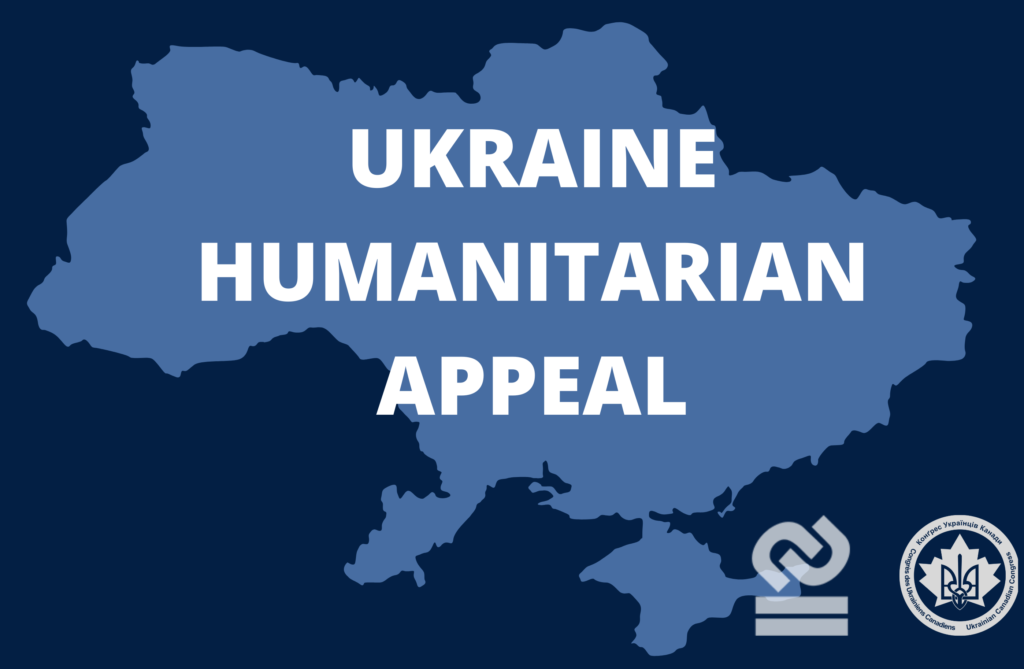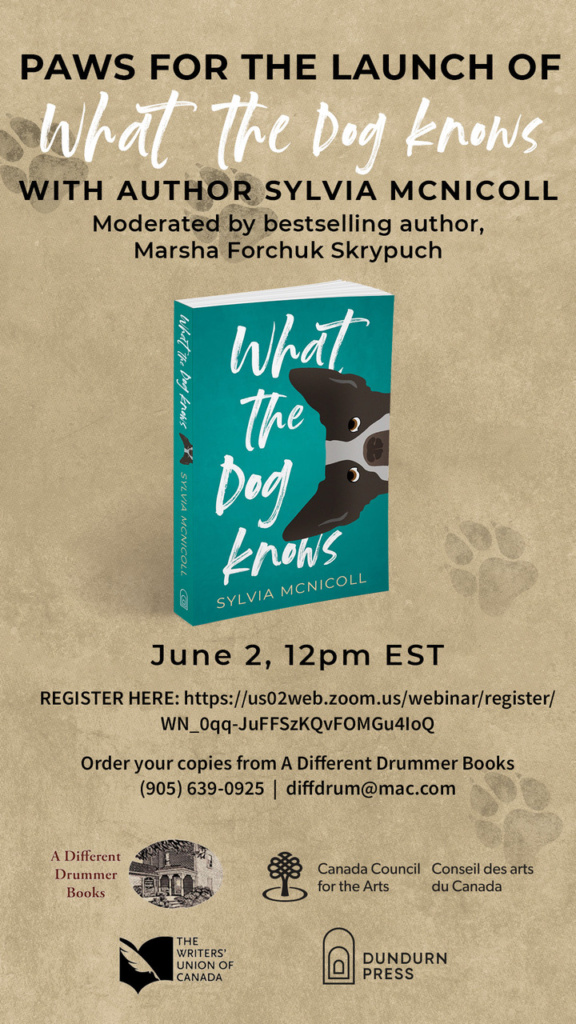
Here’s the zoom link to register.
writes about war from a young person's view #bannedbyrussia

Here’s the zoom link to register.

With the war, I’ve been obsessed with bees as a uniquely Ukrainian symbol of resistance. And blue and yellow.
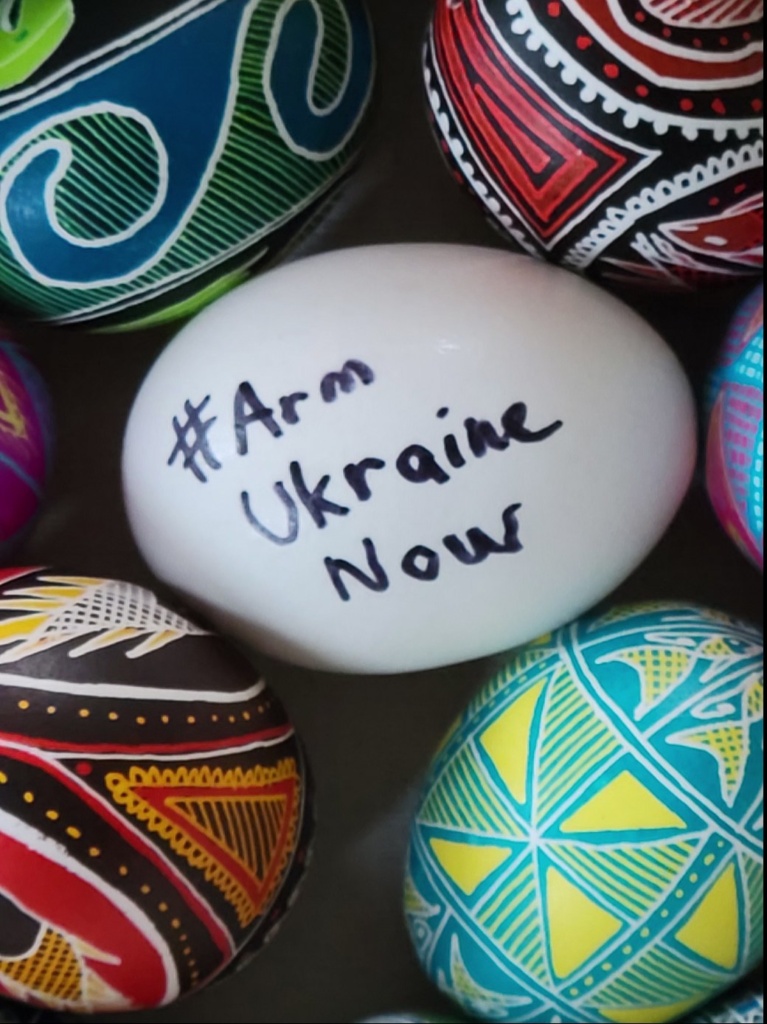

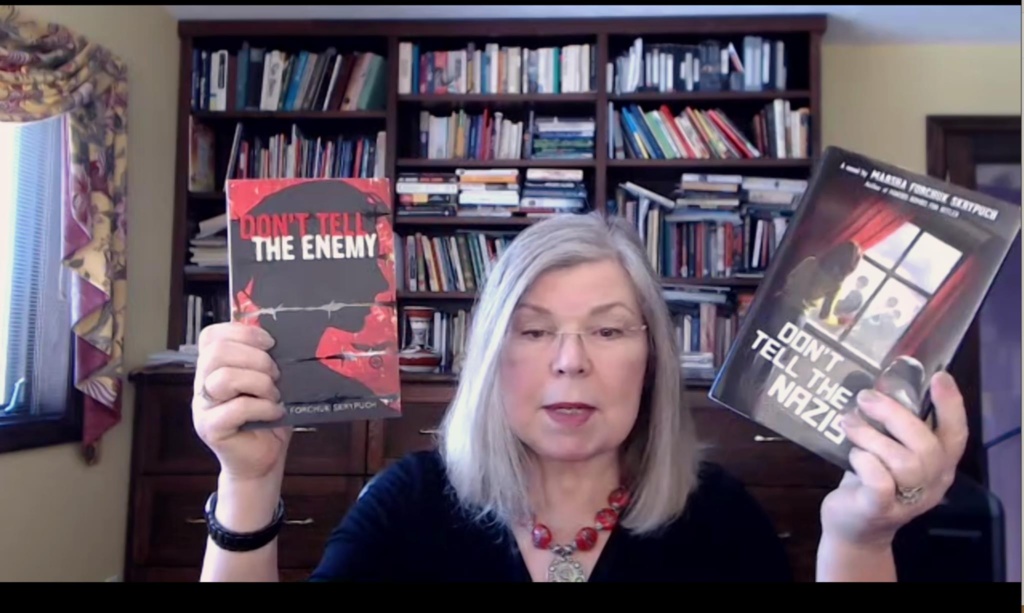
In interviews and reviews, over the years my identity has been mislabeled as Polish, Jewish, Iranian, Armenian, Lithuanian, Ukranian [sic] (please add in that first i!]. To set the record straight, I am Canadian of Ukrainian heritage. I’ve written books on a variety of themes and set within many historical eras, always concentrating on young people plunged in a time of war and persecution. Because Ukraine’s history has been subjected to much disinformation and distortion by both Russia and the former Soviet Union, I’ve written a lot of Ukrainian-themed historically accurate books. If you want to understand the Russian war against Ukraine, inform yourself about the treatment of Ukrainians by both Stalin and Hitler. Putin is channeling them both. Here are my Ukrainian-themed books:
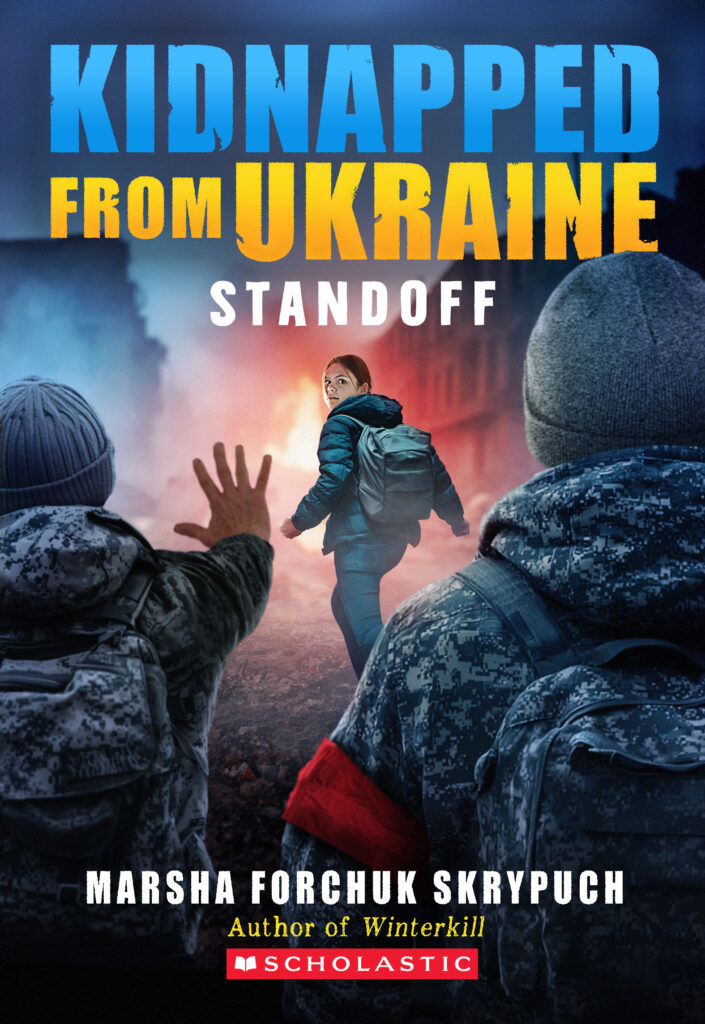
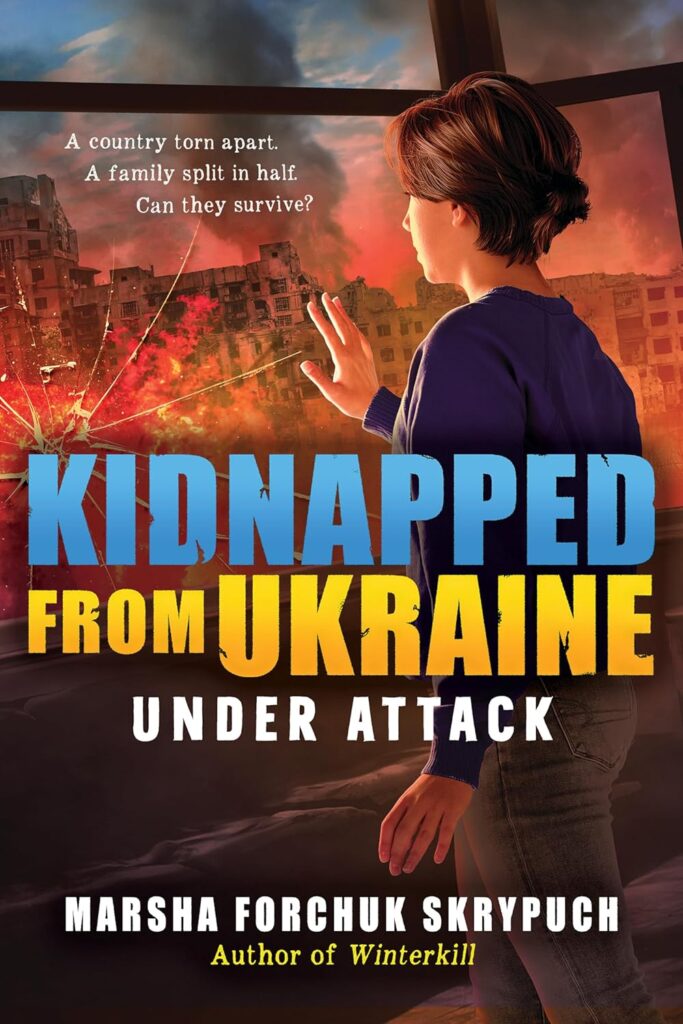
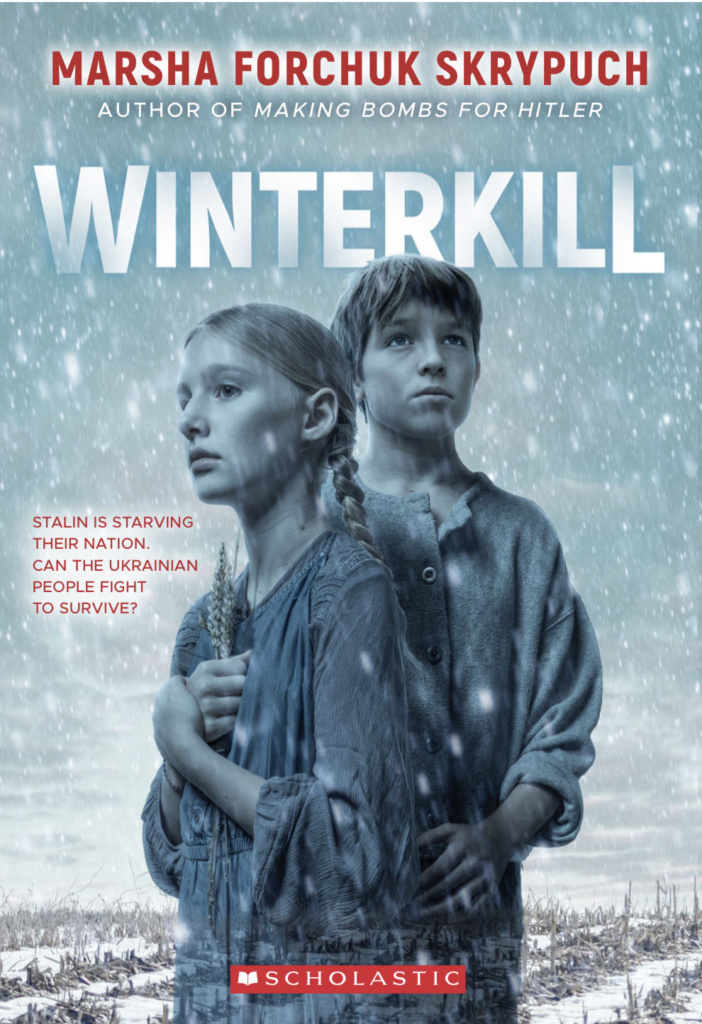
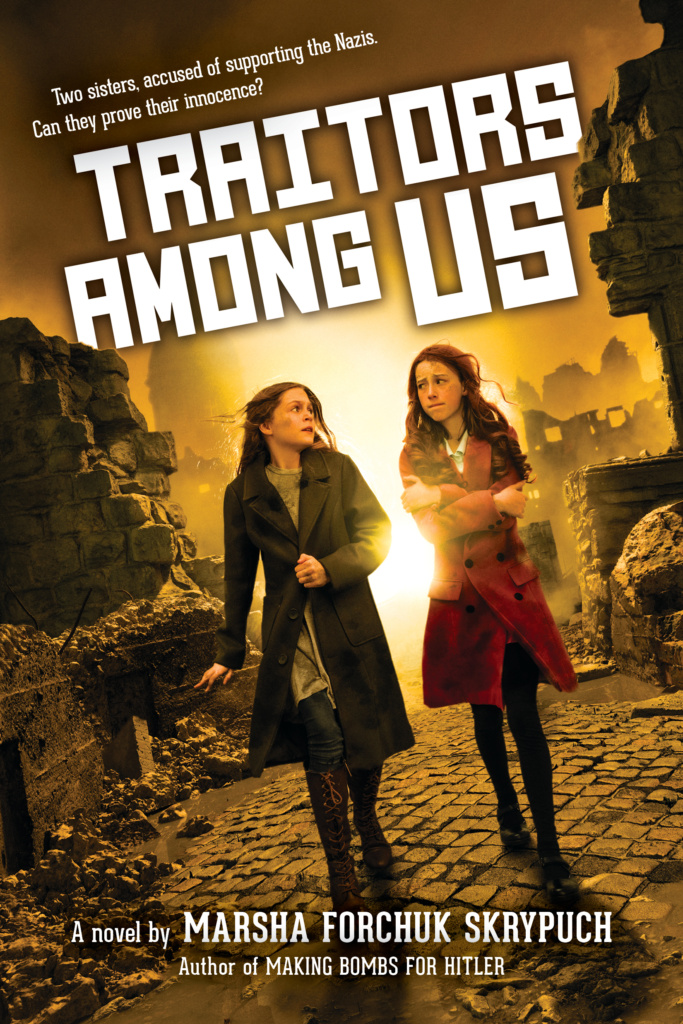
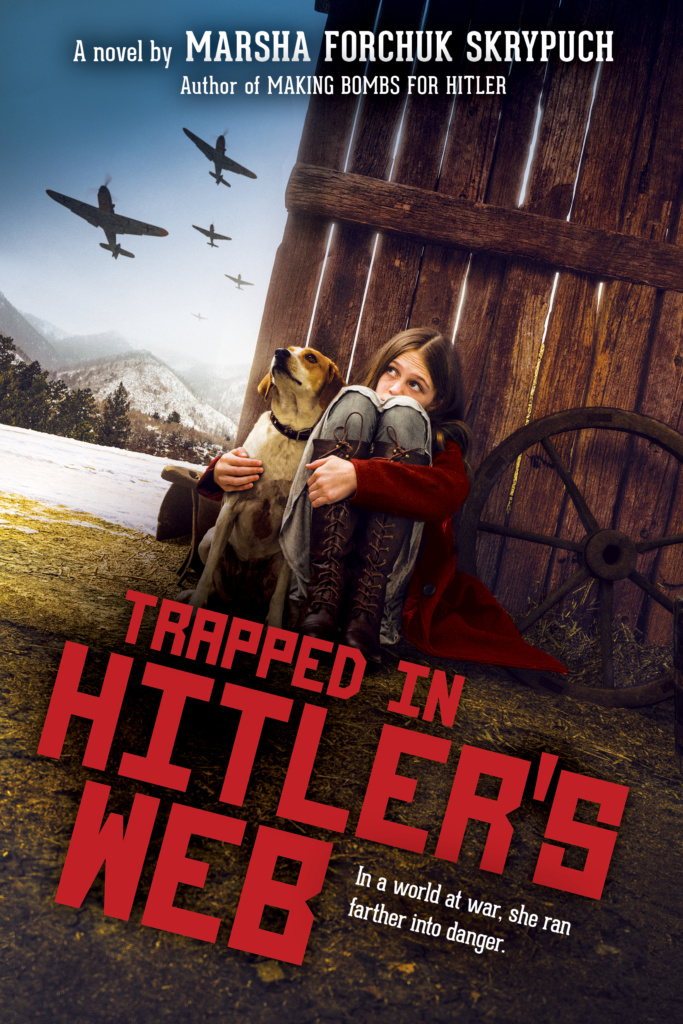
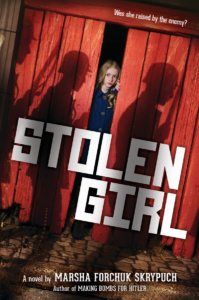
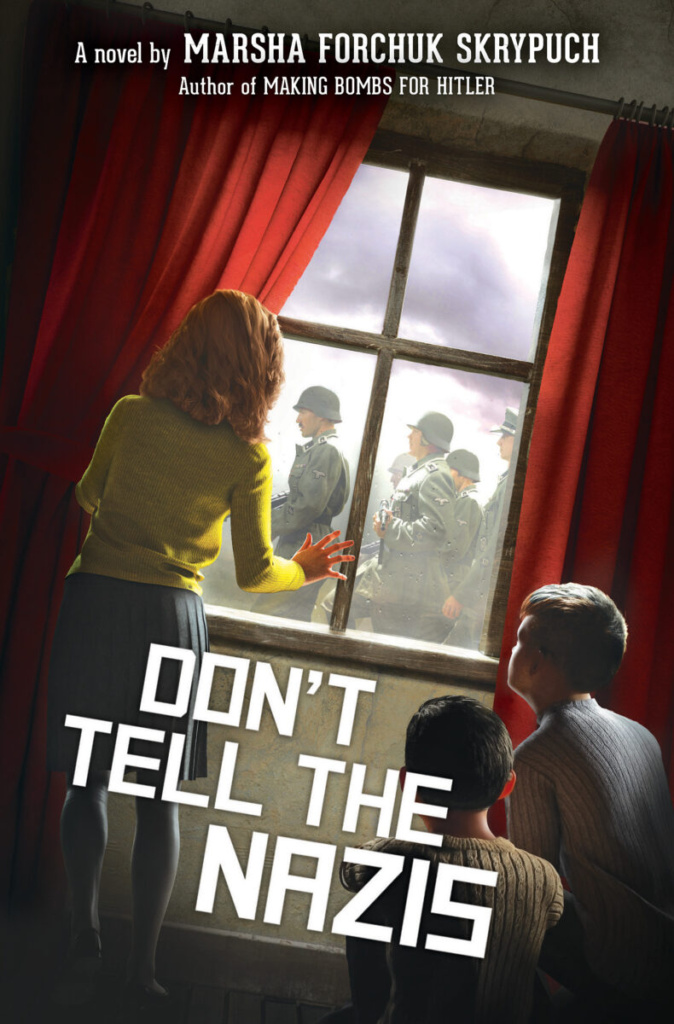
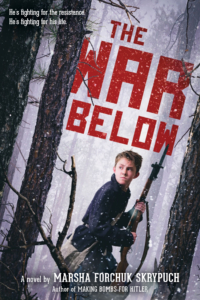
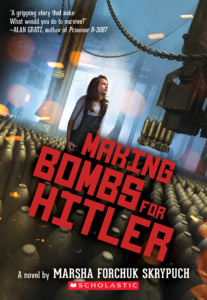
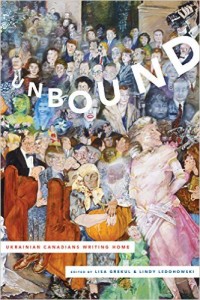
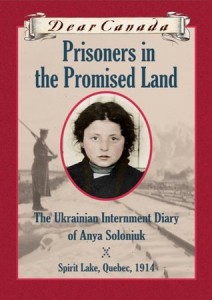
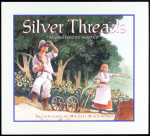
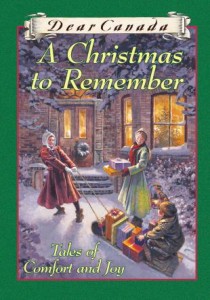
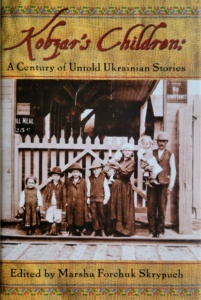
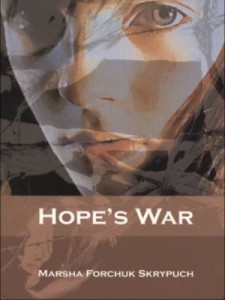

I run a private online crit group where participants “pay” by giving critiques in order to get them from other participants. Recently, one participant posted this question after my feedback on her work-in-progress
Question: I’m not sure if I totally understand something you advised me on. You said, “No second stage directions in one sentence.”
an example of this is when I wrote a triple stage direction:
“Maria crossed herself, picked up her spoon and said X”
Why, Marsha is 2 or 3 stage directions not to be done? Is it because it is “over-writing?” I looked that term up and I think that is why you advised this. And yet, in novels it seems common to do multiple stage directions. For example:
“Laila kneeled before her mother and took her hand.”
“He coughed, cleared his throat.”
“He hunkered down, pulled her to him, and held her for a long time.“
Answer: It’s overwriting when the actions aren’t necessary to move the scene forward.
The examples you posted from published books are not equivalent to the example from your own work. Maria crossing herself, picking up a spoon and saying something are not three significant actions. One of those actions will move the story forward with fewer words and in a less distracting way.
In this example:
“Laila kneeled before her mother and took her hand.”
Both of Laila’s actions are separate and significant. If you took one of them out, the meaning would change. The writer has used an economy of words and action to progress the story. It’s a beautifully pared down sentence that’s infused with action and emotion.
An overwritten version of the above would be:
Laila smoothed the wrinkles out of her skirt, then looked into her mother’s blue eyes. She knelt down onto the small embroidered cushion at her mother’s feet, then reached out and took her mother’s hand.
In this example:
“He hunkered down, pulled her to him, and held her for a long time.”
Again, the actions are quite separate and vivid with an economy of words. You couldn’t remove any of the actions and have the same progression of story. And again, this is a beautiful sentence, infused with meaningful action. Actually three significant actions, vividly shown, in just 14 words.
For more writing tips, go here.








Wondering which organizations give the best bang for the buck to help Ukraine?
Canadians, the Canada-Ukraine Foundation is the most efficient way to get your entire donation to the people who need it. Money is best (ie, not blankets, clothing etc) so the exact supplies can be purchased as needed. If you are American, the US-Ukraine Foundation is the best choice.
These two foundations work closely with people on the ground in Ukraine and their efforts are precisely targeted.
